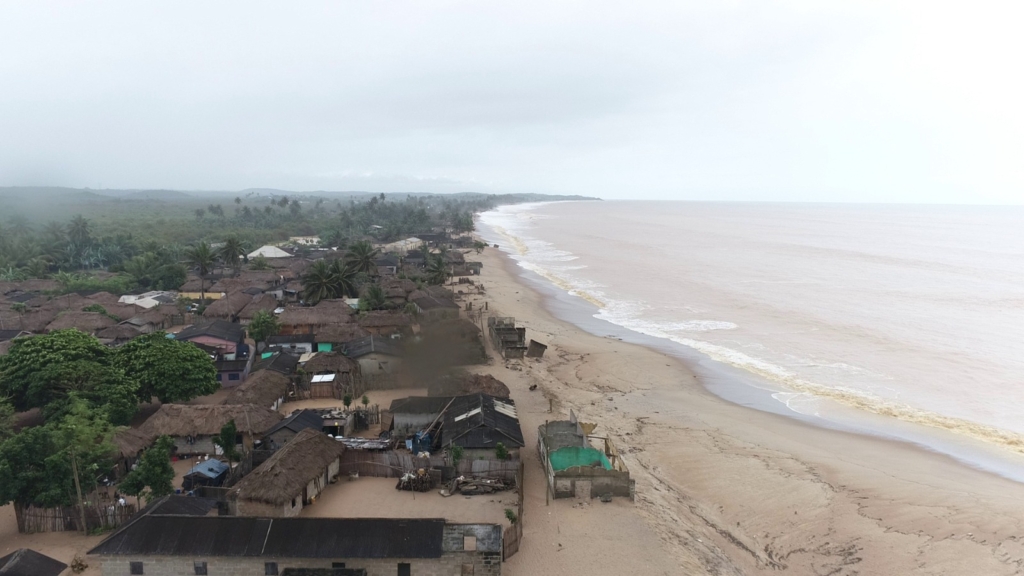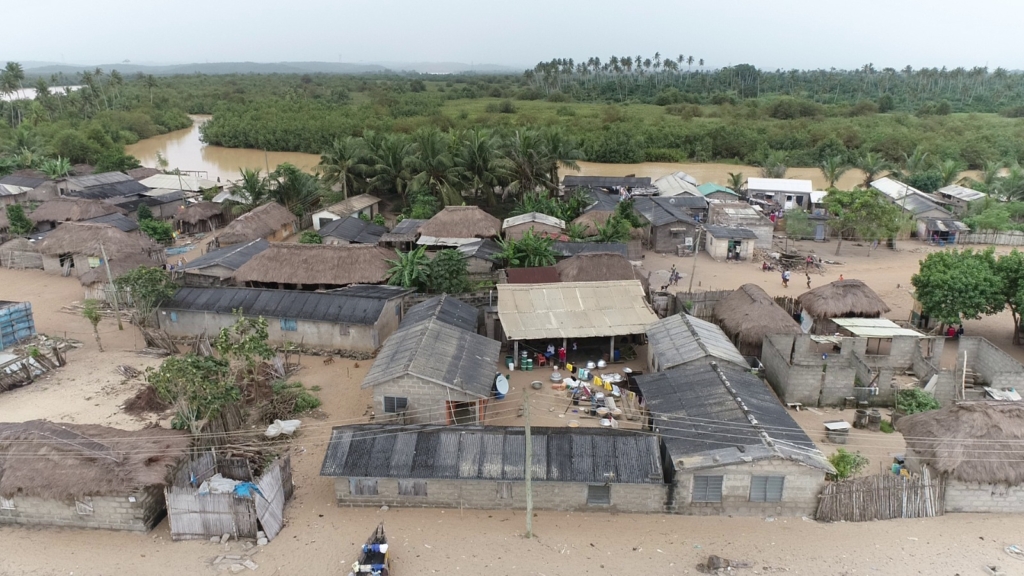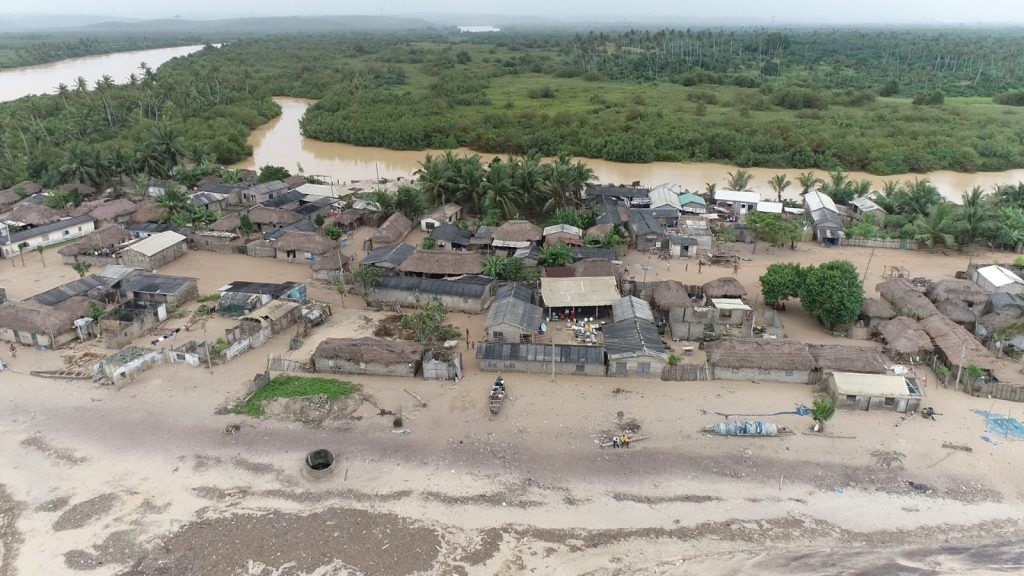As climate change continues to threaten fragile ecosystems, a new stakeholder-informed framework is offering hope for the sustainable management of West Africa’s coastal lagoons.
Coastal lagoons in the Global South, especially in West Africa, face growing threats from climate change, rapid urbanization, and development pressures. These complex problems cut across environmental, social, and economic boundaries, demanding new and inclusive solutions.
To tackle this, the Resilient Lagoon Network (RLN), a coalition of researchers from across West Africa, has developed a multidimensional management framework using a transdisciplinary and participatory approach. The initiative brought together a diverse group of stakeholders, including academics, government agencies, NGOs, traditional leaders, and coastal community members.
Through a series of participatory platforms, stakeholders shared their experiences and insights into the multiple stressors affecting lagoons and what sustainable management should look like. The process revealed not only the scale of the challenges but also the urgent need for more inclusive and informed governance.
The resulting framework is built around three key pillars, “What, How, and Who” that together provide a roadmap for action.
The “What” identifies a checklist of environmental, social, economic, and governance indicators, directly aligned with the Sustainable Development Goals (SDGs). These indicators help assess lagoon sustainability and set measurable targets.

The “How” outlines principles of good governance, with a strong emphasis on equity, stakeholder participation, collaboration, and transparent communication. This ensures that all actors, especially local communities, are included in the decision-making process.
The “Who” maps the wide range of stakeholders involved in lagoon management, recognizing the roles of both formal institutions and traditional authorities.
The framework has already been sense-tested with lagoon practitioners and shared across the West African region. While the work is based on West Africa’s unique experiences, experts say the model could be applied more broadly to inform lagoon management across the Global South.
In a research paper titled “A stakeholder‑informed framework for the sustainable management of coastal lagoons in West Africa,” co-authored by nine researchers, including Professor Katherine Sian Davies-Vollum at the University of Northampton and Professor Isaac Boateng of The Akenten Appiah-Menka University of Skills Training and Entrepreneurial Development (AAMUSTED), major challenges threatening lagoon sustainability in the region were identified.
The study highlights population growth, resource use, and climate change as key drivers of lagoon degradation. These challenges are linked to broader themes such as the impacts of climate change, limited waste management, poor sanitation, water quality concerns, and unsustainable resource exploitation.
The researchers found that climate change impacts ranked as the most significant threat facing coastal communities. Other concerns, such as health, sustainable livelihoods, biodiversity conservation, especially mangroves, and water quality,y were also rated highly.
“Energy poverty and the growth of coastal settlements were ranked as of least importance,” the study states. It adds, “National governments and coastal communities were considered most important stakeholders in finding solutions and strategies for coastal sustainability.”

According to the findings, suggested solutions to strengthen coastal resilience include the enforcement of national policies and laws, improved coastal planning and management, stronger collaboration among stakeholders, community empowerment and capacity building, and stricter monitoring of waste and pollutants. Other recommendations include better protection from climate hazards and natural resource conservation.
The research further proposes nature-based solutions, improved waste management, especially plastic waste enhanced recycling systems, a deeper understanding of the circular economy, and the introduction of buffer zones around lagoons.
“The role of environmental education was emphasized, not just in schools but through community workshops, with the importance of the delivery of these in local languages highlighted,” the paper adds.
Capacity building, education, and training to support the circular economy, along with adequate funding for initiatives, were identified as critical needs.
Insights gathered during workshops and surveys fed directly into the second conference of the Resilient Lagoon Network (RLN) and shaped the framework’s design.
While the stakeholder-centered approach brought valuable input, the researchers acknowledged some limitations. “As the framework was guided by stakeholders who participated in RLN events, its content was limited to their experiences and knowledge,” the paper noted.
However, multiple engagement formats helped broaden participation, ensuring inclusion of lagoon community members with limited internet access posed a challenge, which was addressed by providing shared internet access and facilitating local attendance at the in-person conference held in Ghana.
The authors also pointed out that the framework could have been strengthened with broader participation from Francophone countries like Benin and Côte d’Ivoire. “The involvement of coastal communities from Francophone countries in the region, such as Benin and Côte d’Ivoire, would have enhanced the framework, but RLN connections at the time of this work were limited,” the researchers concluded.
DISCLAIMER: The Views, Comments, Opinions, Contributions and Statements made by Readers and Contributors on this platform do not necessarily represent the views or policy of Multimedia Group Limited.
DISCLAIMER: The Views, Comments, Opinions, Contributions and Statements made by Readers and Contributors on this platform do not necessarily represent the views or policy of Multimedia Group Limited.


